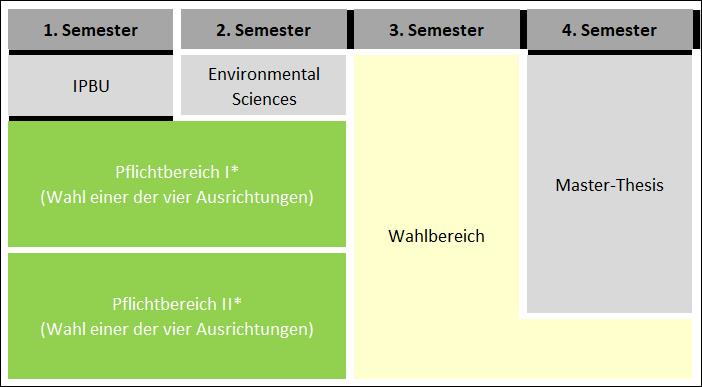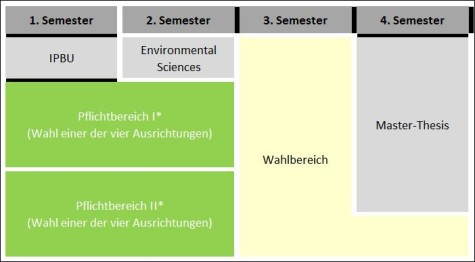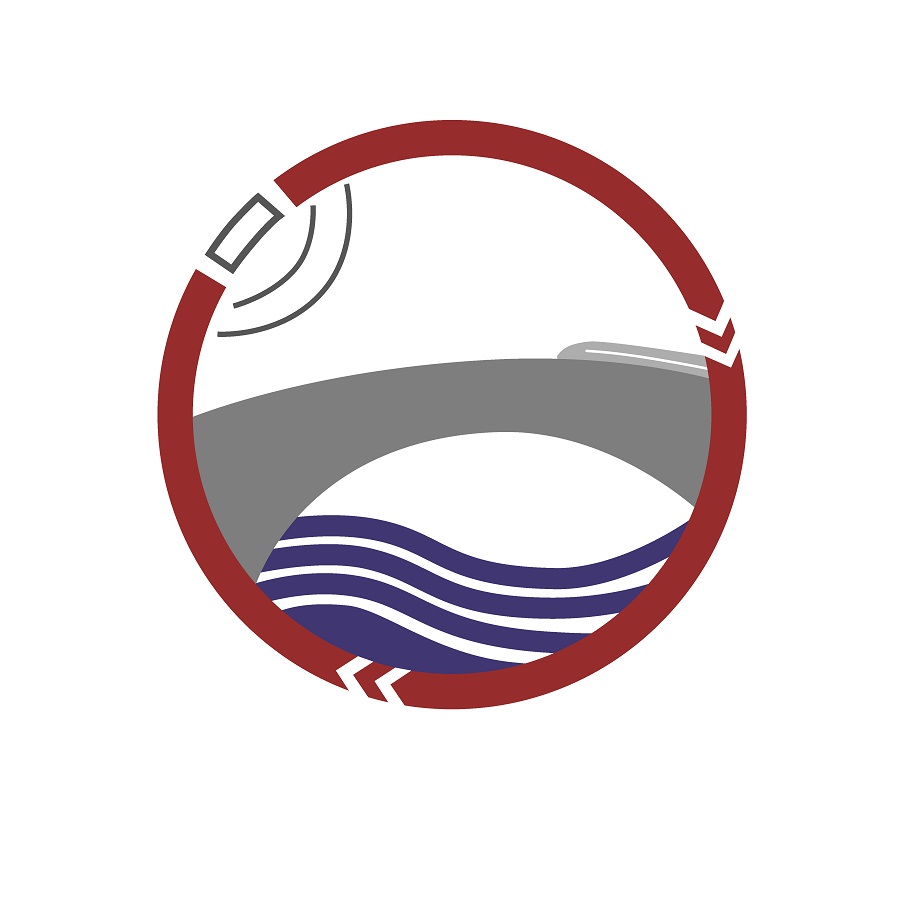the study program starts with the winter semester 2021/22
If you are already a graduate of a university study programme (bachelor's or diploma) or a comparable study programme (e.g. from a foreign educational institution) in the field of environmental engineering or related areas and would like to expand and deepen your knowledge, then our Master of Science in Environmental Engineering is just right for you.
A particular focus of the course programme is interdisciplinary and international cooperation beyond the boundaries of the individual disciplines.
A degree opens up diverse and excellent opportunities in the professional world or the basis for a doctorate and a career in research.
The programme is divided into the following main components:


We offer numerous options to choose from when compiling your study and examination plan. Two focal points can be taken, which provide a broad insight into the corresponding subject area or in which the subject-specific knowledge is deepened. Elective modules for subject-specific consolidation or expansion of the range of topics complement the study plan.
You can find details about the programme in the Study Regulations and the Module Handbook, which you can find on the download page of the Office for Student Affairs . There you will also find the detailed study and examination schedules with the Scientific focus.

Student Advisory Service
You will have a mentor at your side who will support and advise you in this matter. This will make your individual study plan a success
Admission and Application
Information on application and admission can be found on the main pages of the TU.












